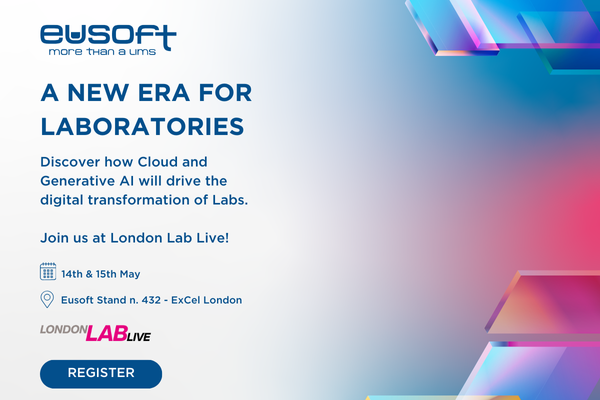It is one of the most commonly used terms in the job market, yet IT remains a category that is not easy to decipher. But what is IT really? More than an industry, it is a sector that cuts across every known human activity today, because it includes services and products for connecting, communicating, processing and sharing information and data. Today, the sector is no longer reducible only to IT and telecommunications. When we talk about IT and ICT (Information and Communication Technology) we are talking about:
- Information technology, including software and operating systems for all devices and application development;
- Telecommunications and infrastructure for network and telephone connection;
- Internet connection for data exchange, with increasingly advanced systems such as the 5G network for faster information exchange or the creation of server farms for data storage and sorting;
- Artificial intelligence and cloud computing, i.e. the set of skills and technologies that, relying on ICT and IT infrastructures, automate processes that were once carried out manually.
The sectors that are currently attracting the most investment and have a strong innovative drive are artificial intelligence, machine learning and cloud computing, i.e. the ability to process data and information not on devices but on the network.
The most sought-after skills in the IT world
In this technological context, the skills most sought after are
- Statistics and mathematics;
- Data Science, Big Data and Cloud;
- Programming and knowledge of web development languages and ICT;
- Cybersecurity.
Working in the IT sector: the seemingly off-target profiles
It is wrong to think that in the world of tech companies and IT companies having these skills is the only way to have a chance of finding a job and making a career. Contrary to popular belief, it is precisely the humanities that are finding their way back into the IT sector, with increasingly wide margins for growth. For example, many major technology labels are also hiring people who can ‘teach’ algorithms and machine learning programmes the basics of a range of activities. So alongside stem graduates, there is also room for:
- Linguists and language experts for translation and data analysis programmes;
- Ethics experts to develop technologies that respect human values and principles;
- Legal experts for the digital sector.
Would you like to work in the IT or ICT sector? Check out the open positions on our website in the Careers section and do not hesitate to apply by sending us your resumee.




